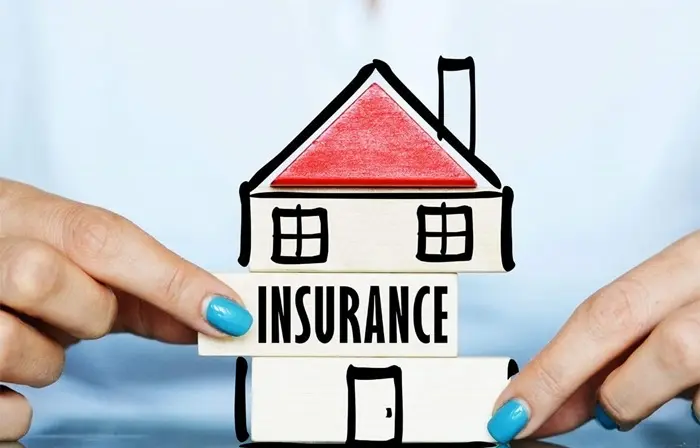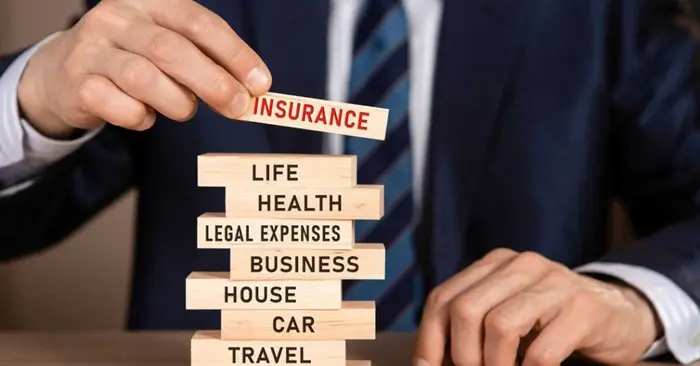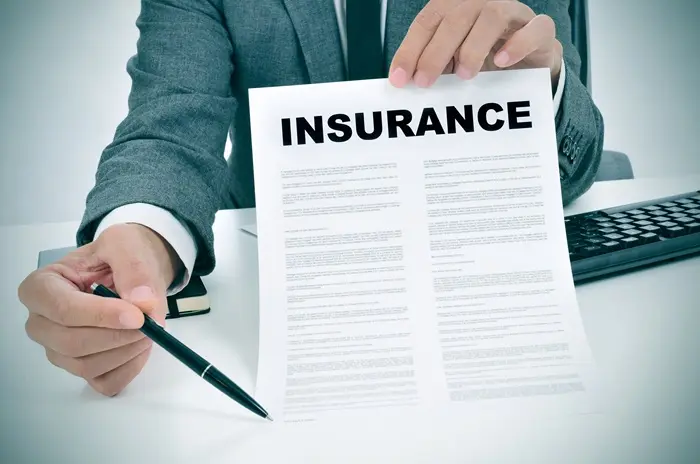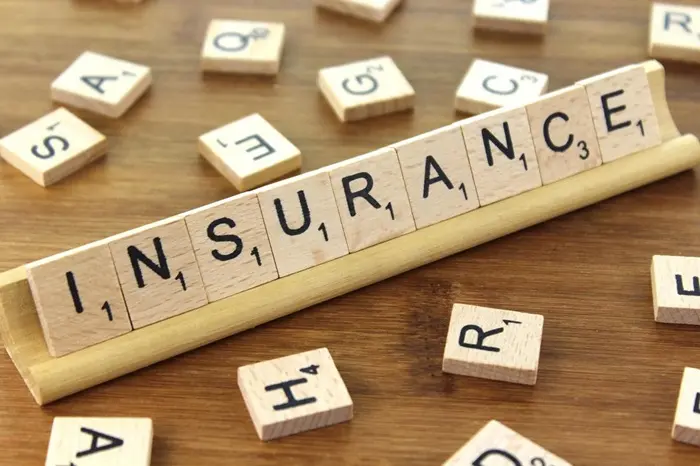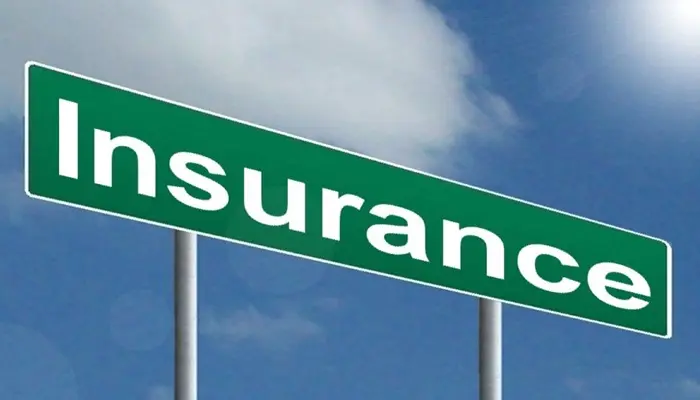Vending machine insurance is an often-overlooked but crucial part of operating a vending machine business. Whether you own one vending machine or a fleet, having the right insurance coverage is essential to protect your investment, your income, and your liability in case of unforeseen events. In this article, we will break down the different types of insurance available for vending machine operators, what factors affect the cost of insurance, and how you can ensure you’re getting the best coverage for your needs.
What Is Vending Machine Insurance?
Vending machine insurance is a specialized policy designed to protect vending machine owners from financial loss due to various risks. These risks may include property damage, theft, liability claims, or equipment malfunctions. Because vending machines are often placed in locations that are not directly controlled by the owner, insurance is essential to safeguard the investment in case something goes wrong.
Vending machine insurance can cover various aspects of the business, from the actual machines to the contents they house, as well as liability in case of accidents. Some policies may also offer coverage for loss of income due to machine breakdowns or theft.
Types of Vending Machine Insurance
There are several types of insurance that vending machine owners may need to consider. Each type addresses specific risks and helps protect against different aspects of the vending machine business.
1. Property Insurance
Property insurance for vending machines protects the machines and their contents against damage, theft, or destruction. It typically covers:
Theft: If your vending machine is stolen, the policy will reimburse you for the loss.
Damage: If your vending machine is damaged due to fire, natural disasters, vandalism, or other events, property insurance will cover repair or replacement costs.
Contents Coverage: This ensures that the goods inside the machine (such as snacks, drinks, or other items) are covered in case of damage, theft, or loss.
2. Liability Insurance
Liability insurance is essential for protecting your business in case someone is injured while interacting with your vending machine. For example, if a customer trips over a vending machine or is injured by a malfunctioning machine, liability insurance can cover legal fees and any resulting claims for damages.
There are two types of liability insurance to consider:
General Liability Insurance: Covers injuries to third parties that occur in or around your vending machine location.
Product Liability Insurance: Covers incidents where the product sold in the vending machine causes harm (e.g., spoiled food or malfunctioning items).
3. Business Interruption Insurance
Business interruption insurance covers lost income in case your vending machine is out of service for an extended period due to theft, damage, or other factors. For example, if your machine is stolen or damaged in a fire, business interruption insurance helps cover the income you would have generated if the machine had been operational.
4. Mechanical Breakdown Insurance
Mechanical breakdown insurance covers repair costs for machines that break down due to mechanical failure. This type of insurance is particularly important for vending machines with intricate electronics and machinery that can experience wear and tear.
5. Worker’s Compensation Insurance
If you have employees who are responsible for stocking or maintaining the vending machines, worker’s compensation insurance may be required. This type of insurance helps cover medical expenses and lost wages if an employee is injured while working on the machines.
6. Theft and Vandalism Insurance
Vending machines, especially those placed in high-traffic or unsecured areas, can be prime targets for theft and vandalism. Theft and vandalism insurance ensures you are compensated for losses or damages caused by criminals or vandals.
Factors That Affect Vending Machine Insurance Costs
The cost of vending machine insurance depends on various factors. Insurers will consider several key elements when determining your premiums. Understanding these factors can help you estimate how much insurance you need and the costs associated with it.
1. Number of Machines
The number of vending machines you own will have a direct impact on your insurance premiums. Generally, the more machines you have, the higher the cost of insurance. This is because the insurer will need to cover a greater number of machines and the higher risks associated with a larger operation.
Small Operations: If you only own a few vending machines, your premiums will likely be lower. A small vending business may only require basic property and liability coverage.
Large Operations: Larger vending companies with many machines may need more comprehensive coverage, including specialized equipment breakdown or business interruption policies.
2. Value of the Machines
The value of your vending machines plays a significant role in determining the cost of insurance. High-end machines, such as those with touchscreen interfaces, refrigeration, or custom designs, will likely be more expensive to insure. Additionally, if you sell high-value products such as electronics or specialty items in your machines, this will also increase the cost of insurance.
3. Location of the Machines
The locations of your vending machines are another important factor in calculating premiums. Machines placed in high-risk locations, such as areas with a high crime rate or low security, will generally cost more to insure.
High-Traffic Locations: Vending machines in busy, high-traffic areas may be more prone to theft or damage due to the increased number of people interacting with them.
Low-Traffic Locations: Machines in quieter or more secure locations may have lower premiums due to the lower risk of incidents.
4. Type of Insurance Coverage
The extent of the coverage you choose will directly impact your insurance premiums. Basic coverage will cost less, while more comprehensive policies that cover theft, mechanical breakdown, business interruption, and liability will be more expensive.
Basic Coverage: A basic policy covering theft and property damage is typically the least expensive.
Comprehensive Coverage: A full package, which includes all types of coverage such as liability, business interruption, and mechanical breakdown, will cost more but provide more complete protection.
5. Claims History
Your past insurance claims history is another factor that can impact your premiums. If you have a history of filing claims, especially for theft, damage, or liability, insurers may consider you a higher risk and increase your premiums. Conversely, if you have a clean claims history, you may qualify for lower rates or discounts.
6. Safety and Security Measures
Insurance companies may offer discounts for vending machine owners who take extra measures to secure their machines. This could include installing surveillance cameras, using high-quality locks, or placing machines in more secure areas. These safety measures reduce the risk of theft or damage, which makes the machines less of a liability for the insurer.
7. Size and Weight of Machines
Larger, heavier machines are often more expensive to insure due to the higher costs associated with repairing or replacing them. They may also be more difficult to move, which could add additional risk if they are damaged during transport or installation.
8. Product Types
The types of products sold in your vending machines can also affect your insurance costs. For instance, selling food or beverages might require additional coverage, such as product liability insurance, in case the products cause harm to consumers.
Perishable Items: Vending machines that sell food or beverages may require additional coverage, as these items can spoil or be the cause of consumer complaints.
Non-Perishable Items: Selling non-perishable items may lower your premiums, as the risk of liability or loss is generally lower.
How Much Does Vending Machine Insurance Cost?
The cost of vending machine insurance can vary widely depending on the factors mentioned above. On average, you can expect to pay anywhere from $300 to $1,500 per year for a basic policy, but more extensive coverage or a larger operation could increase this cost.
Here are some general estimates based on the size and scope of your vending business:
1. Small-Scale Vending Business (1-10 Machines)
For a small-scale operation, the cost of insurance can range from $300 to $600 per year. This typically includes basic property and liability coverage, along with coverage for theft and vandalism. If you are only insuring a handful of machines, your premiums will likely be on the lower end of the spectrum.
2. Medium-Scale Vending Business (10-50 Machines)
A medium-sized vending business that owns between 10 and 50 machines may pay between $600 and $1,200 per year for a more comprehensive policy. This may include coverage for business interruption, product liability, and mechanical breakdowns, along with property and liability coverage.
3. Large-Scale Vending Business (50+ Machines)
For larger vending operations with more than 50 machines, the cost of insurance can range from $1,000 to $1,500 or more per year. With a larger operation, you may need to purchase specialized coverage for things like business interruption, mechanical breakdown, and employee injuries.
4. Custom Coverage
Some vending machine owners may require custom coverage tailored to their specific needs. If you own high-value machines or sell specialized products, your insurance premium could be higher. Specialized coverage for unique risks may also increase the cost.
How to Reduce Vending Machine Insurance Costs
While vending machine insurance can be a necessary expense, there are several ways to reduce premiums without sacrificing coverage.
1. Bundle Policies
Consider bundling your vending machine insurance with other business insurance policies, such as general liability or commercial property insurance. Bundling can often lead to significant discounts.
2. Invest in Security
As mentioned, investing in security measures like surveillance cameras, alarms, or better locks can reduce the risk of theft or damage. Many insurers offer discounts for businesses that take extra steps to secure their assets.
3. Choose a Higher Deductible
Opting for a higher deductible can lower your annual premiums. However, this means you’ll pay more out of pocket in the event of a claim, so it’s essential to balance your risk tolerance and budget.
4. Maintain a Clean Claims History
By avoiding accidents or incidents that could lead to insurance claims, you can keep your premiums low. Insurers often reward businesses with a clean claims history with lower rates.
Conclusion
Vending machine insurance is an essential investment for any vending machine owner. The cost of insurance will depend on several factors, including the number of machines, their value, the location, and the types of coverage you choose. By understanding the different types of coverage available and the factors that affect your premiums, you can make informed decisions and protect your business from unexpected risks.
Related topics:


